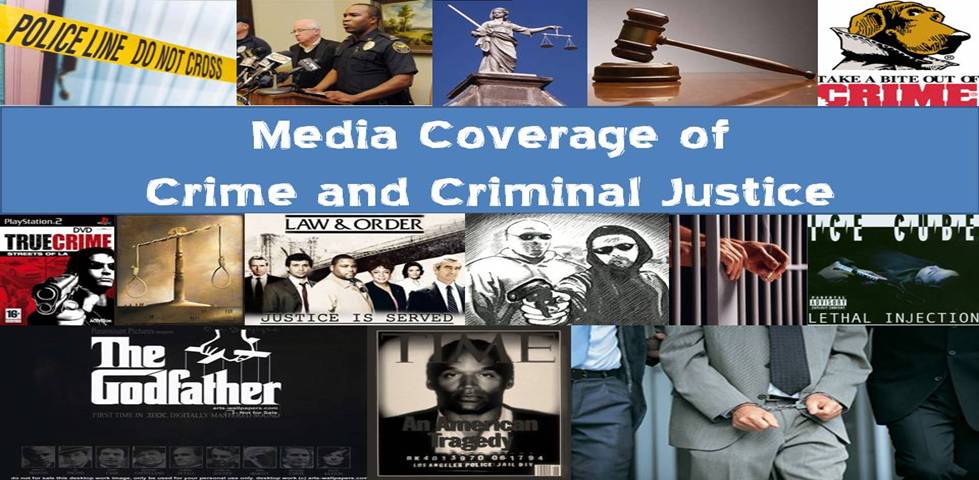Two examples discussed in an op-ed in the New York Times:
The Smarter Sentencing Act — introduced in the Senate last year by Richard Durbin, the Illinois Democrat, and Mike Lee, the Utah Republican — would halve mandatory minimum sentences for certain nonviolent drug crimes, which currently stand at five, 10 and 20 years. It would also give judges more discretion to sentence below the mandatory minimum in some cases, and it would provide a chance at early release for thousands of inmates sentenced under an older law that disproportionately punished crack cocaine offenders.
The Recidivism Reduction and Public Safety Act, introduced by Sheldon Whitehouse, Democrat of Rhode Island, and John Cornyn, the Texas Republican, would allow low-risk prisoners to earn credit for early release by participating in education, job training and drug treatment programs.
The op-ed has also generated some interesting letters to the editor in response.
We discussed this issue yesterday on the campus of Appalachian State University as part of its amazing series of social justice week events. My take? It's great we're discussing reforms, no matter the motivation. But, given that much of the motivation is financial in nature, I fear we'll lose focus once the budget situation turns around, if it ever does.
In fact, it is the conservative political ideology promoted by state and federal legislators since the 1960s that has gotten us into this mess, an ideology that says individual criminals are solely responsible for their crimes and only a get tough on crime response will stop them. This has not only led to massive disparities in criminal justice practice but also broken the bank.


No comments:
Post a Comment